Thanks to psychology, we understand that our experiences and actions have an impact on the way we think, comprehend, and behave in our daily lives. While some of our experiences influence our behaviours positively, others could negatively affect the way we perceive and interact with ourselves and our environment, thus impacting our behaviours. An example of such negative conditions our experiences could lead to is depression. There are many ways we can cope with depression both medically and naturally, however, we’ll be looking out for ways to avoid depression naturally.
What Is Depression?
Depression is a negative affective state characterised by feelings of extreme sadness, pessimism, and despondency that interferes with daily life. Now, this is different from the mood changes that people regularly experience as a part of life.
Depression can be caused by major life events, such as grief or the loss of a job. However, feelings of grief are only considered to be part of depression if they persist and affect the daily life of an individual.
You might have heard people or even you easily say “I’m depressed”. It is important to know that depression is an ongoing mental state and not a passing one. Feelings of depression must consist of episodes in which its symptoms last for at least two weeks before it is considered as such.
What Are the Symptoms of Depression?
Depression is characterised but not limited to:
- A depressed or irritable mood
- Feelings of worthlessness or guilt
- Loss of interest or pleasure in activities once enjoyed
- Change in interests
- Sleep problems
- Changes in appetite
- Unintentional weight loss or gain
- Agitation, restlessness, severe anxiety/panic attack
- Slowed movement and speech
- Significant loss of energy
- Recurrent suicidal thoughts/behaviour
10 Ways to Avoid Depression Naturally
Other than medication and therapy, there are a lot of activities and behaviours you can engage in to combat depression. These behaviours influence your behaviour, physical activity, lifestyle, and even your way of thinking. Such behaviours are all means to avoid depression naturally.
Examples of behaviours you can engage in to avoid depression include:
1. Determine Your Objectives
Depression often settles in with feelings of worthlessness and helplessness. This feeling makes you think you can’t accomplish anything in life, thereby making your condition even worse.
To fight these feelings, set daily goals for yourself. You could start with little things you know you could easily do such as tidying up your room and doing the dishes. As you feel much better about yourself, you can set more challenging daily goals.
2. Exercise on a Regular Basis
It is no news that regular exercise helps keep our physical body healthy. What you might not know is that it is a way to avoid depression naturally. When you exercise, you boost the production of endorphins (known as feel-good chemicals) in your body. Endorphins stimulate your brain to rewire itself in positive ways.
3. Establish a Routine
Depression affects the daily life of an individual. The overwhelming feeling of helplessness makes it difficult for people to organise and function properly. Having a routine will help you function and organise your day, thereby managing your feeling of helplessness and developing in you, a feeling of accomplishment.
4. Maintain a Blanced Diet
While there is no food that magically fixes depression, you might want to be careful with what you eat if depression tends to make you overeat. Eating healthy foods accompanied by proper eating behaviours could help reduce the impact of depression in your daily life.
Some food items containing omega-3 fatty acids (such as salmon and tuna) and folic acid (such as spinach and avocado) have been associated with the ability to help ease depression and lots more.
5. Get Enough Sleep
Psychologists have identified a strong connection between depression and insomnia. Having difficulty in sleeping is a common symptom of depression which worsens the condition.
Below are some tips you can use to improve your sleep naturally:
- Have a Sleep routine – go to bed and get up at a specific time every day.
- Make sure the room is quiet, dark, and comfortable.
- Avoid large meals, caffeine, and alcohol before sleeping.
- Exercise during the day.
- Remove electronic equipment from the sleeping area.
- Get up again if you do not fall asleep within 20 minutes. Read or find some other distraction for a while, then try again.
6. Pay Attention to the Right Relationships
Many people who feel depressed seek to wash away the feeling with alcohol or drugs, sometimes both. In reality, alcohol and drug use drown them in their feeling of depression by making them focus on the symptoms they exhibit, thereby making the condition even worse.
7. Focus on the Right Relationships
As explained earlier, depression is accompanied by feelings of worthlessness and helplessness. A little word or act demeaning a depressed person further worsen symptoms of depression, just as a word or act of encouragement towards a depressed person helps with symptoms of depression.
Focusing on the right relationships that encourages you to feel comfortable, goes a long way in maintaining a healthy mind free of depression.
8. Stay Away from Triggers
Symptoms of stress and depression can be triggered by numerous factors; this might be different in individuals. To reduce these symptoms, you could avoid being exposed to triggers you’ve commonly identified. For some people, these triggers could include exposure to certain news, movies, things, places, or even people.
9. Make an Effort to Have a Good Time
Another major symptom of depression is the loss of interest in activities previously enjoyed. In depressed moments, what you use to do to have fun might feel like a chore, nonetheless keep trying to enjoy them. This would help keep your mind engaged positively.
10. Attend a Talk Therapy Session
Also known as Psychotherapy, talking to a mental health professional helps a lot in cases of depression. Here, psychologists help you identify the cause(s) of your depression and proffer practical solutions to help you cope and manage the symptoms.
Such therapy could be one-on-one, with your partner, family members, or a group of people with similar symptoms who meet just for therapy.
Conclusion
Depression cannot always be prevented or avoided as most causes are stressors that are part of life. However, effective treatment is available and an adjusted lifestyle can help you cope and manage symptoms.
It is advised to reach out to a mental health professional if symptoms of depression are overwhelming, such as thoughts of inflicting pain on oneself or others, death, or suicide.
Frequently Asked Questions (FAQs)
Isn’t being depressed just being sad?
Depression is often mistaken for just being sad. They are sometimes caused because of one another. However, they are not always identical.
Being sad is a symptom of depression but we also have times where being sad is normal such as when we lose someone. Depression on the other hand differs from sadness in its intensity and duration. Depression is experienced daily turning into weeks and months affecting our work, family, and personal life. That is not normal.
How can you reduce your risk of depression?
Depressions mostly occur as a result of an extremely stressful experience. There’s no certain way to avoid depression but you can reduce your risk for it by getting enough sleep, exercising regularly, eating well, improving your self-esteem, reaching out to friends and family if things get hard, and getting help if you think you are depressed.
What is the natural cause of depression?
While depression is mostly caused by experience and social interactions, the special interactions of multiple genes in our body have been identified to contribute to various types of depression in families. No particular gene is responsibly known as the “depression gene”, however, many genes are known to contribute small effects towards depression when they interact with the environment.
What are the top 5 causes of depression?
As explained above, depression can be caused by any event or experience that you find extremely stressful and overwhelming. However, some happenings are known to trigger the feeling of depression the most, these major causes are:
- Genetics
- Physical, sexual or emotional abuse
- Physical Illness
- Death or a loss
- Conflict
What do i do if i think i’m depressed?
From the moment you think you are depressed, you could strategies by doing some research on lifestyle changes attributed to depression from reliable sources such as a therapist’s website or material before proceeding to see a therapist.
You could also directly reach out to a therapist. It is always better to seek professional help rather than wait for the symptoms of depression to grow on your mental health.
You could also check: 15 Foods That Will Boost Your Immune System
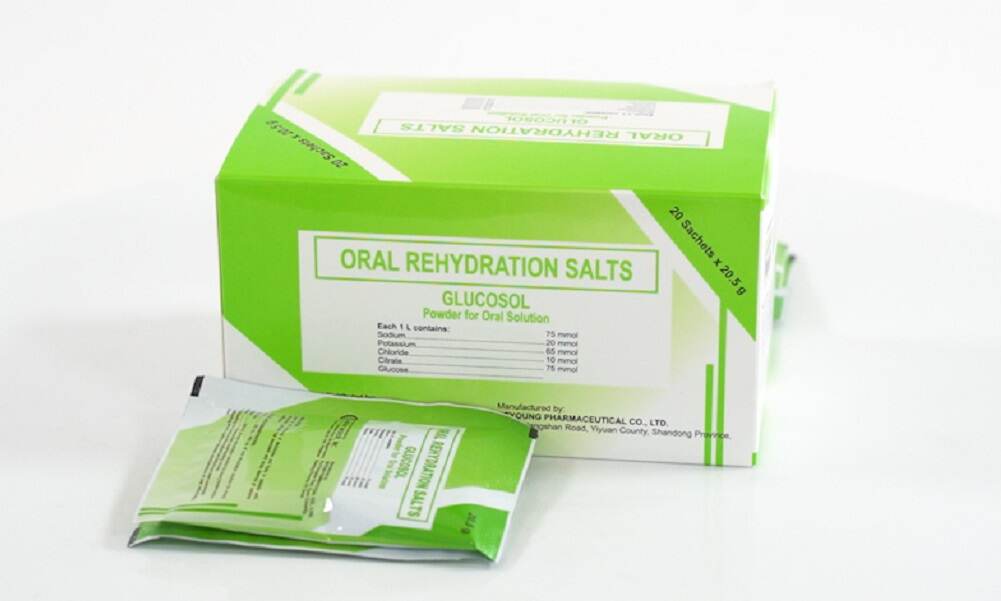










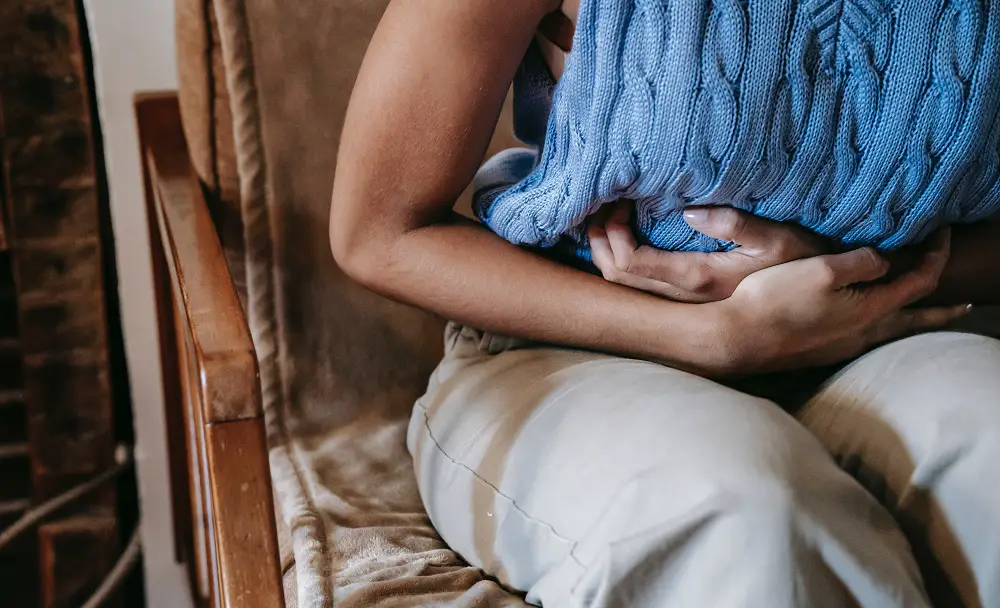




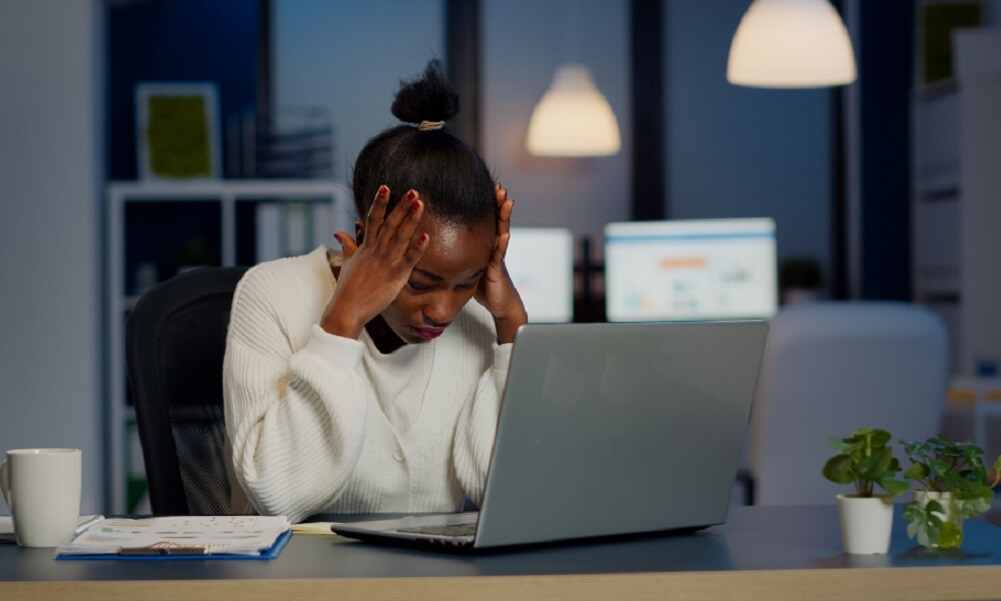

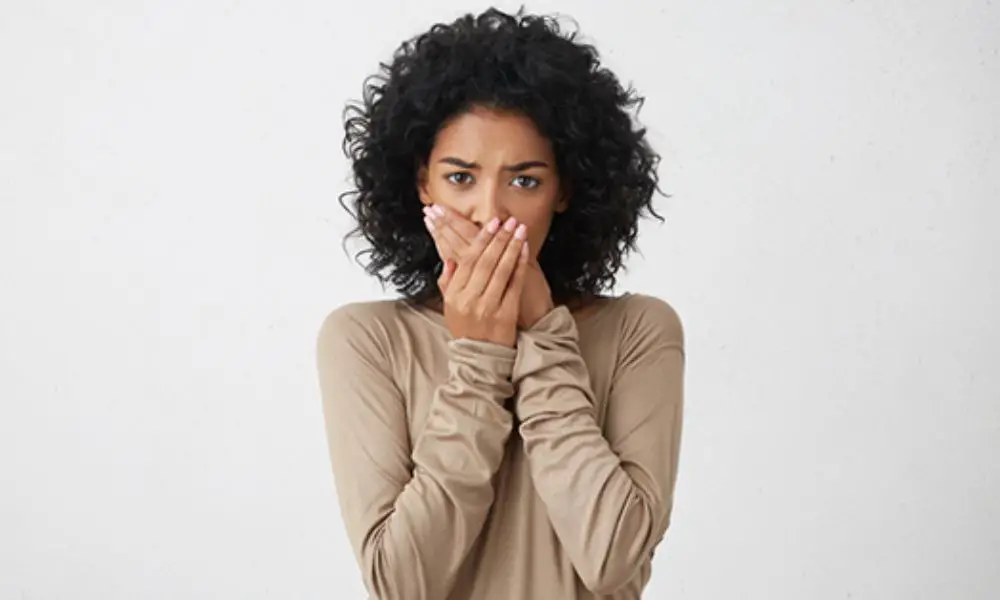






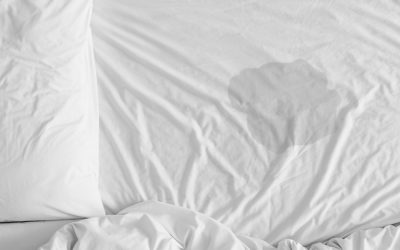

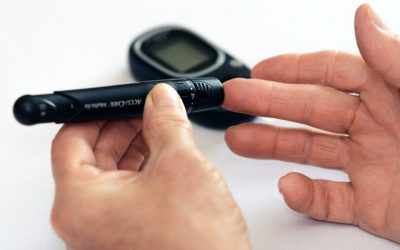
0 Comments